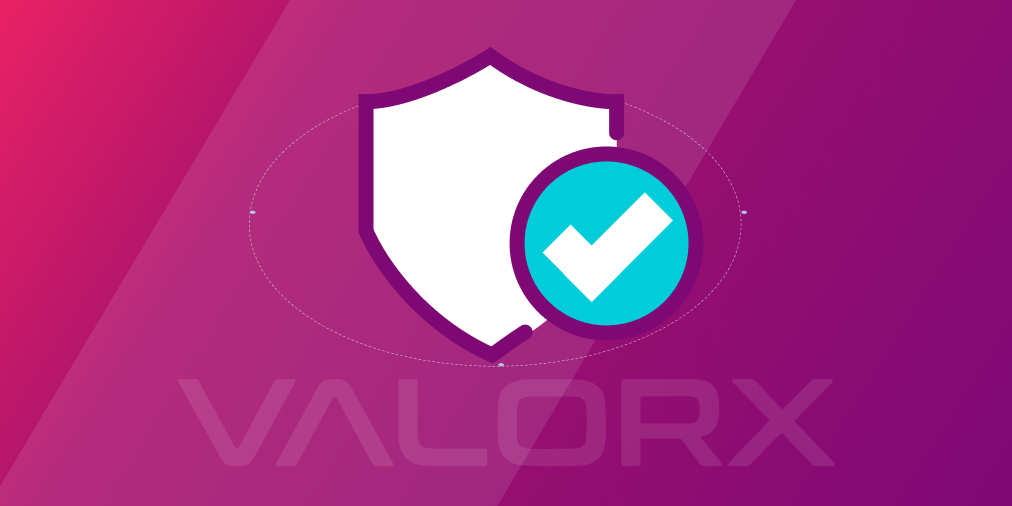A Modern Security Model for the Modern World.
Companies of all sizes continue to be on high alert for data breaches and cyberattacks and with fully remote or hybrid work models influx, data vulnerabilities are on the rise.
Salesforce does an excellent job when it comes to data security. With a flexible data security model to secure data at various levels, Salesforce provides sharing tools to open and allow secure access to data based on business needs. Additionally, Salesforce customers can enhance capabilities through AppExchange packages, which is a collection of Lightning Platform components and applications and packages are released as managed or unmanaged packages.
What is a Managed Package and Why does it Matter?
The primary difference between managed and unmanaged packages is that unmanaged packages are not supported. They are made available as is and may or may not work for your specific situation. The owners of the unmanaged packages do not have direct control of the packages once installed in a Salesforce org, so updates and bug fixes do not get pushed out to the consumers by the package owners. Organizations who use unmanaged packages need to be mindful to update their packages to make sure they are current.
Managed Packages are controlled, which means they are used by Salesforce partners to distribute or sell applications. The number of licenses can be controlled with the use of the license management application. Managed packages are also fully upgradeable and include benefits to vendor such as intellectual property protection for Apex, built-in versioning support for API accessible components, the ability to branch and patch a previous version the ability to seamlessly push patch updates to subscribers and unique naming of all components to ensure conflict-free installs. Organizations who use managed packages should have confidence that those packages will be maintained and updated. Bug fixes and additional enhancement are part of the managed package experience.
Not all managed packages are the same. Some are designed to enable Salesforce to connect to other applications off Salesforce platform. Some managed packages are offered for free with slimmed down functionalities enticing buyers to update to fully functional versions. It is important to understand the details of what is included to make the right decisions for your company.
Feel Secure Knowing Valorx is a Salesforce Managed Package.
Valorx provides a fully supported managed package by developers with decades of Salesforce experience. They are familiar with how to support managed packages that are deployed and utilized by a large audience.
Salesforce allows third parties (like Valorx) to have access to their Platform APIs.
Valorx uses Salesforce’s Partner API, Metadata API, and Tooling API which allows a more granular control of records. These APIs are also known as SOAP API which can be used to create, retrieve, update or delete records. You can have confidence that Valorx products will continue to work with Salesforce, because Valorx is not introducing any new API complexities, but following the well documented and supported API’s.
Every system field by Salesforce will be the same in Valorx.
Valorx does not create or change Salesforce’s system fields. System fields in Valorx are noneditable and records created and modified using Valorx will be handled by Salesforce. That way, any changes to the Salesforce data are auditable.
Valorx’s security system honors Salesforce’s security model.
To connect your Valorx Excel application to Salesforce you are utilizing your own Salesforce authentication. Every individual that logs in is trackable within Salesforce, so traceability is available. Users sign in through Salesforce’s OAuth 2.0 screen with their own user id and password. By logging in through the Salesforce OAuth screen, a user’s access to data is controlled by their profile, role, and permission sets. Salesforce’s data entitlement is preserved.
Valorx supports single sign on.
Single sign on (SSO) is a useful tool that many companies leverage. It enables users to access multiple applications with one login and one password. According to Salesforce, “you can set up your Salesforce org to trust a third-party identity provider to authenticate users or you can configure a third-party app to rely on your org for authentication.”
Valorx follows all profiles, permission sets and field level security settings.
Valorx honors a user’s access and permission based upon their Salesforce security set up. Valorx will never go below Salesforce security, but additional logic and more controls can be applied in Valorx. Users will not be able to see any restricted data on Valorx. Valorx acknowledges record types and supports all data types such as picklists, lookups, ID, string, checkbox, currency, encrypted fields, and others.
Data collision in Salesforce vs Valorx.
In Salesforce, two users cannot edit the same record simultaneously. Valorx enables data collision at a field level so if two users are editing two different fields on the same record, both users will be able to save their data. This does not occur if two users are making changes to the exact same field within the same record. Valorx supports Salesforce’s data collision policy.
Error Handling in Valorx.
By leveraging Salesforce API’s all error messaging in Valorx is coming directly from Salesforce. Required fields, validation rules, triggers are common messages a user may see in Salesforce, this is presented to a user in line to any record experiencing an error. A user can clearly see which record and field needs to be fixed and perform subsequent saves to fix all data.
Valorx Supports Field History Tracking.
Field history tracking in Salesforce will continue to work as is even if updates are coming directly from Valorx. Users will be able to view the audit history for changes performed via Valorx the exact same way as if they were making the changes in the Salesforce browser view or mobile app. Users can track the field history of custom objects and certain standard objects including:
- Accounts
- Articles
- Assets
- Campaigns
- Cases
- Contacts
- Contracts
- Contract Line Items
- Crisis
- Employees
- Employee Crisis Assessments
- Entitlements
- Individuals
- Internal Organization Units
- Knowledge
- Leads
- Opportunities
- Orders
- Order Products
- Products
- Price Book Entries
- Service Appointments
- Service Contracts
- Solutions
- Work Orders
- Work Order Line Items
Encrypted Fields are supported through Valorx.
Valorx maintains user and customer security by supporting Salesforce’s encrypted fields. Valorx will assure that any standard or custom fields encrypted on Salesforce will be encrypted on Valorx as well.
API calls in Valorx.
Valorx can retrieve data for a single or multiple objects using a smart retrieval method which is configurable through the Valorx workflow engine. This allows for 100’s and 1000’s of records to be retrieved and displayed in second. The same goes for saving records back to Salesforce.
If you trust Salesforce, you can trust Valorx to ensure data security.
Are you interested in learning more about Valorx? Contact Sales to request a demo or contact us at support@valorx.com if you have any questions.

